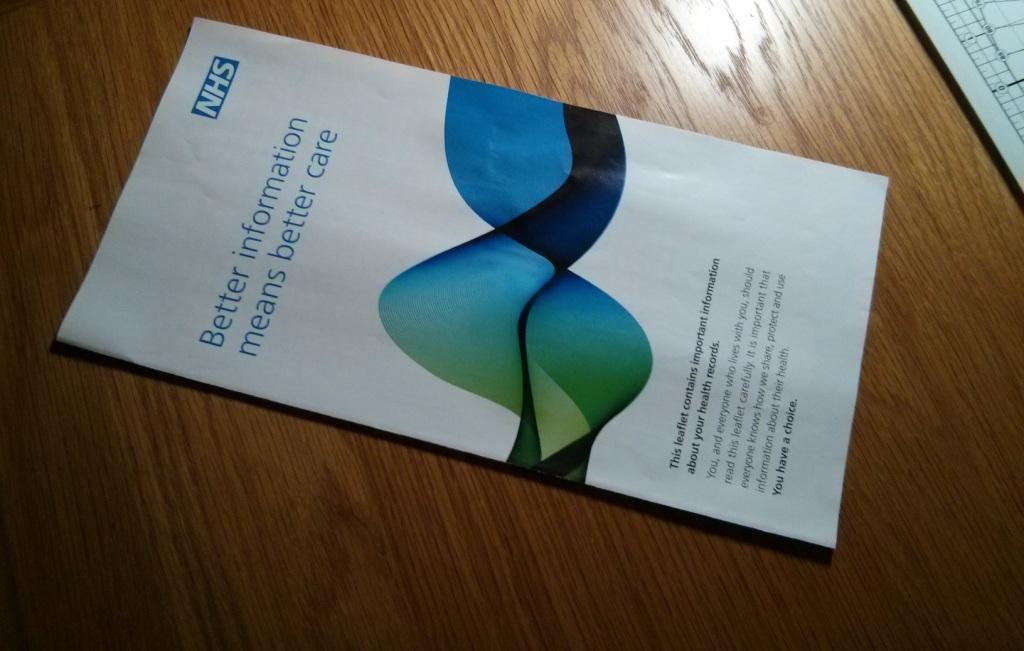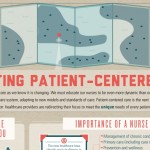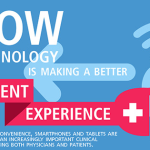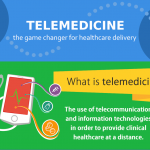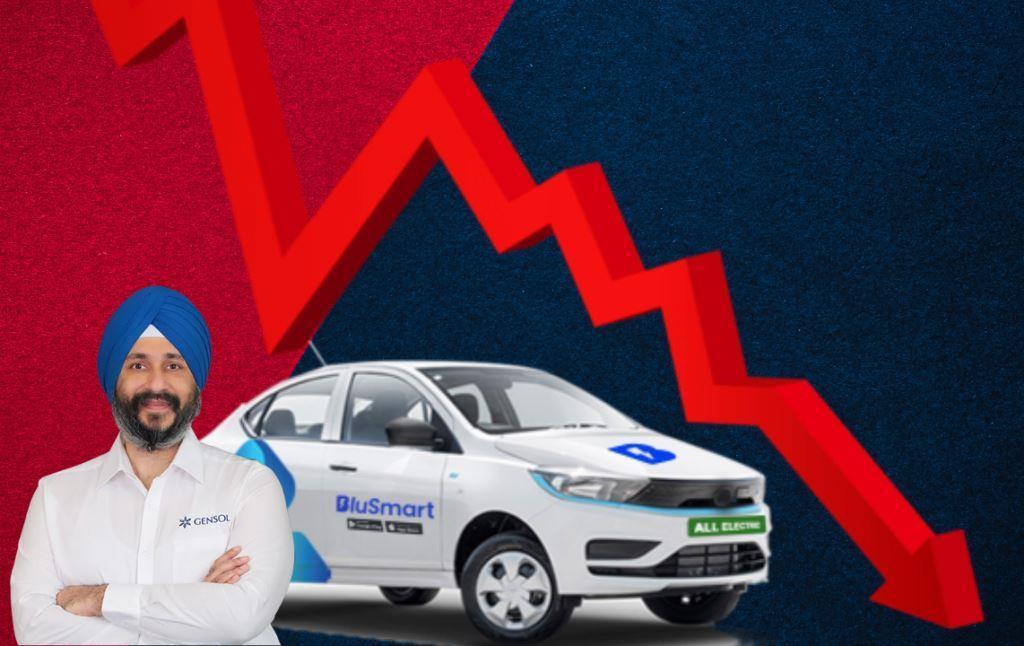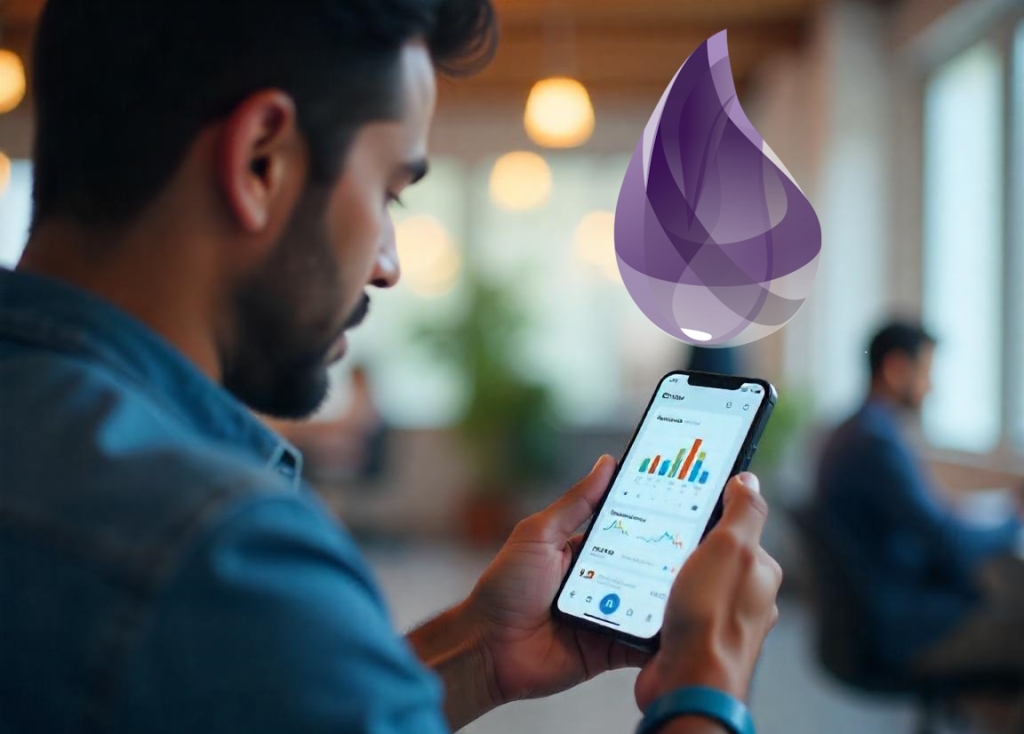What is Care.Data?
In January 2014, NHS England announced a new scheme to collect patient information from different parts of the healthcare system and store it in a central database managed by the Health and Social Care Information Centre (HSCIC). The HSCIC has been collecting patient data from hospitals since the 1980s, but under the new Care.Data scheme, it will also collect patient data from GPs, ambulance trusts and community health services, giving experts a fuller picture of the care and treatment patients receive across the NHS.
How is the data used?
Patient data is already used in a number of ways, for example to plan health and care services, to identify and mitigate risks to public health, to research new medicines and treatments, to identify the types of people who are at higher risk for certain health conditions and to ensure that different parts of the NHS are paid according to the services they provide. Care.Data will allow experts to go a step further by giving them insight into the care and treatment patients receive outside of hospitals.
Who can access the data?
Who can access the data depends on the type of data in question. In an article for NHS England, Dr Geraint Lewis uses the terms ‘green data’, ‘amber data’ and ‘red data’ to describe the level of confidentiality of different datasets. Green data is made up of anonymous or average figures and is the only type of data published for anyone to access free of charge. Amber data is stripped of its ‘identifiers’ (such as date of birth and post code) but could theoretically be used to identify individuals if cross-referenced with other datasets. This type of data is only made available to approved analysts for approved purposes, and any attempt to re-identify the individuals is punishable by law. Red data is highly confidential, and will only be made available in emergency situations when required by law. In the future, red data may also be made available with the patient’s explicit consent.
The media has been quick to seize on the fact that the HSCIC will ‘sell’ patient data to third parties. However, such headlines are misleading: while the HSCIC does charge a fee to cover their overheads, it does not stand to profit from the sale of patient data, nor does it subsidise applicants to receive it.
What about privacy?
Understandably, some people are uncomfortable about the idea of data from their medical records being made available to third parties. However, the HSCIC have made clear their commitment to protect patients’ privacy. New records for the database will be created by linking up existing records using the patient’s NHS Number, date of birth, post code and gender (NOT their name or full address). Then, before it is shared, the new record will be stripped of any details that could be used to identify the individual. The new records will be stored securely by the HSCIC.
Objections to Care.Data
Healthcare professionals, professional bodies and patients say that more needs to be done to make sure people understand how and why their data will be made available (information about the scheme was delivered by the Royal Mail in January 2014, but one piece of research suggests that as few as one in three people remember receiving and reading the leaflet). They also believe people should be made more aware that they have the right to opt out of the scheme. Others have expressed concerns over privacy, and want more information about how the HSCIC will control their data.
The announcement of Care.Data was so poorly received that NHS England has delayed its launch, planned for Spring 2014, until the Autumn. In the meantime, they have promised to raise awareness of the scheme and to listen and act on the public’s views.
“Better information means better care”
At the top of every Care.Data leaflet is the line, ‘Better information means better care,’ and from what I understand about the scheme, I am inclined to agree. For my part, I have no problem with the idea that analysts will have access to anonymised data from my GP records if it will help them to improve health and care services for everyone. I only ask that the HSCIC is both scrupulous and transparent about who will have access to my data and for what purpose – and that I have the option to opt out if I ever choose to. If this is the case, then as far as I can tell, we can all stand to gain.
Disclaimer
I am a healthcare writer for NHSTaxRefund.co.uk, but all opinions expressed in the article are my own. If you have any questions or concerns about Care.Data, please visit the NHS England website.







